L’hydratation de la peau est essentielle pour maintenir sa souplesse, sa douceur et sa barrière protectrice.
Lorsqu’elle est bien hydratée, la peau est lumineuse et rebondie.
Face au stress, à la pollution ou une routine de soins inadaptée, la peau peut rapidement perdre son éclat et sa souplesse.
Il est donc essentiel de comprendre son fonctionnement afin d’en prendre soin de la meilleure façon.
Bilan personnalisé
Afin de déterminer le soin le plus adapté, une première consultation est préconisée.
L'objectif est d'analyser vos besoins et d'établir un plan de traitement sur-mesure.
La peau et son besoin en eau
Une peau hydratée est une peau qui retient efficacement l’eau dans ses différentes couches.
L’eau lui permet de :
- Maintenir son élasticité et sa fermeté
- Assurer un bon renouvellement cellulaire
- Protéger l’organisme des agressions extérieures comme les polluants et les bactéries
Hydratation et éclat sont intimement liés : une peau déshydratée aura tendance à paraître terne et fatiguée.
Les 3 couches de la peau
La peau est un organe complexe et stratifié, composé de plusieurs couches jouant un rôle spécifique dans la protection, la régénération et l’hydratation.
- L’épiderme, la couche superficielle
- Le derme : la couche intermédiaire
- L’hypoderme : la couche profonde
Comprendre la structure de la peau permet de mieux choisir les soins adaptés à vos besoins.
Pour hydrater, les soins doivent atteindre l’épiderme et parfois le derme.
Pour améliorer la fermeté ou traiter les rides, il faut cibler le derme.
Pour remodeler ou traiter les amas graisseux, les techniques doivent agir sur l’hypoderme.
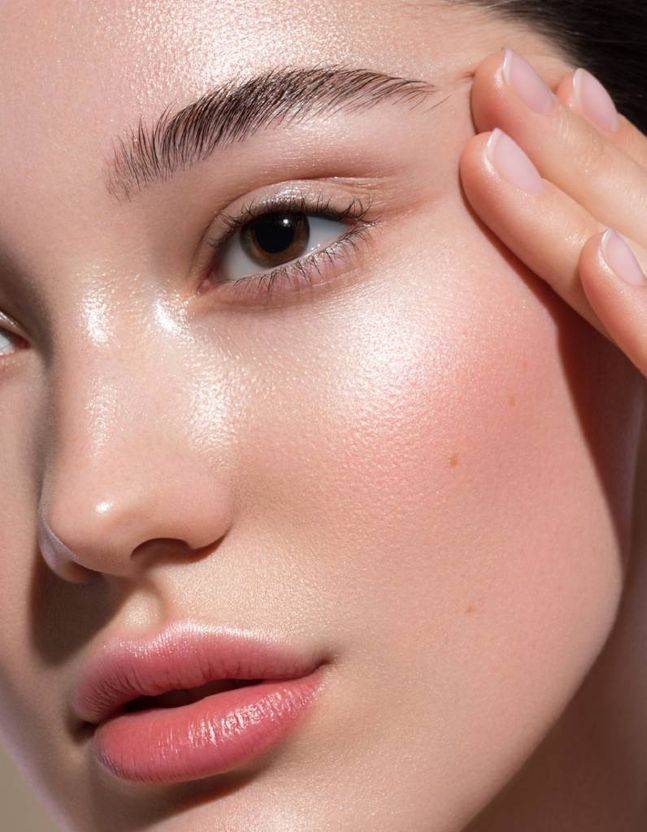
Comment hydrater sa peau ?
L’hydratation passe par deux types d’apports : externes et internes.
- Les apports externes se réfèrent aux soins hydratants (crèmes, sérums, toner …) :
- Les crèmes renforcent la barrière lipidique afin de limiter les pertes d’eau tandis que les sérums pénètrent en profondeur pour retenir l’eau dans les couches supérieures de la peau.
- L’apport interne se résume à l’hydratation via l’alimentation :
- Boire suffisamment d’eau permet d’alimenter le derme, où l’eau est stockée avant d’être distribuée aux autres couches.
- Une alimentation riche en antioxydants (fruits, légumes) protège les cellules des dommages et favorise une hydratation optimale.
Nos solutions en médecine esthétique
Une première consultation est conseillée pour déterminer lesquelles seront adaptées à vos besoins et à votre type de peau.
Consultation offerte-
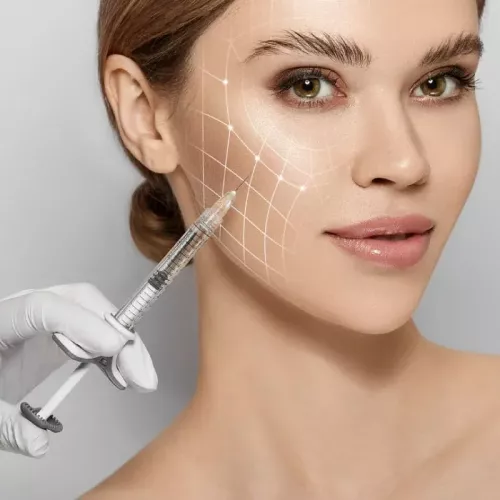 ProfhiloInjection biostimulant
ProfhiloInjection biostimulant -
 SkinboosterUn cocktail de vitamine pour la peau
SkinboosterUn cocktail de vitamine pour la peau -
 Injection d'acide hyaluroniquePour combler et repulper
Injection d'acide hyaluroniquePour combler et repulper -
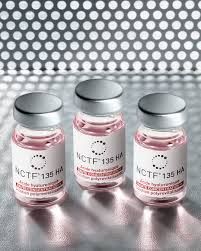 NCTF 135Mésothérapie
NCTF 135Mésothérapie -
 Profhilo structuraGlow et hydratation intense - Booster Pure HA
Profhilo structuraGlow et hydratation intense - Booster Pure HA -
 Booster Pure HA
Booster Pure HA -
 CarboxythérapieStimule la circulation et améliore l’hydratation
CarboxythérapieStimule la circulation et améliore l’hydratation -
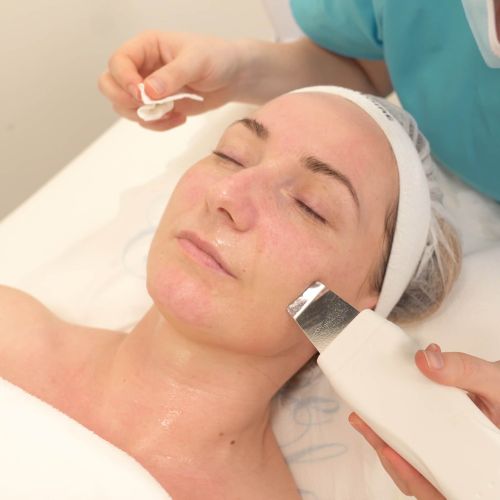 Nettoyage de peau profond
Nettoyage de peau profond -
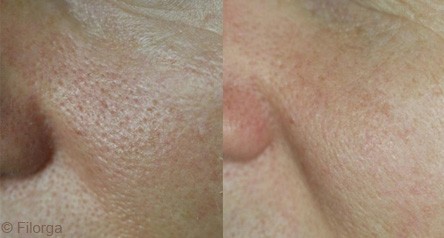 Mésolift NCTF® 135 HAAméliore l’hydratation
Mésolift NCTF® 135 HAAméliore l’hydratation -
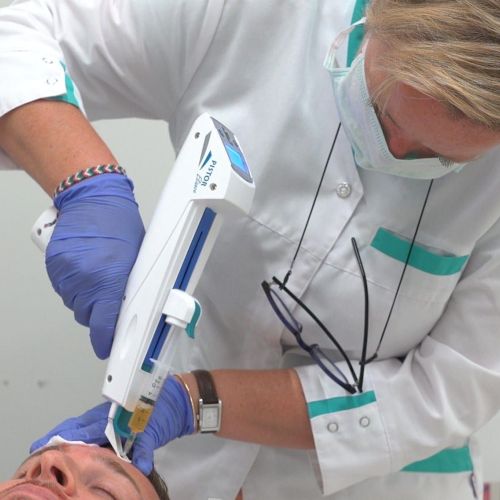 Beauty gun
Beauty gun -
 La photomodulationLEDs infrarouge pour l'éclat
La photomodulationLEDs infrarouge pour l'éclat
